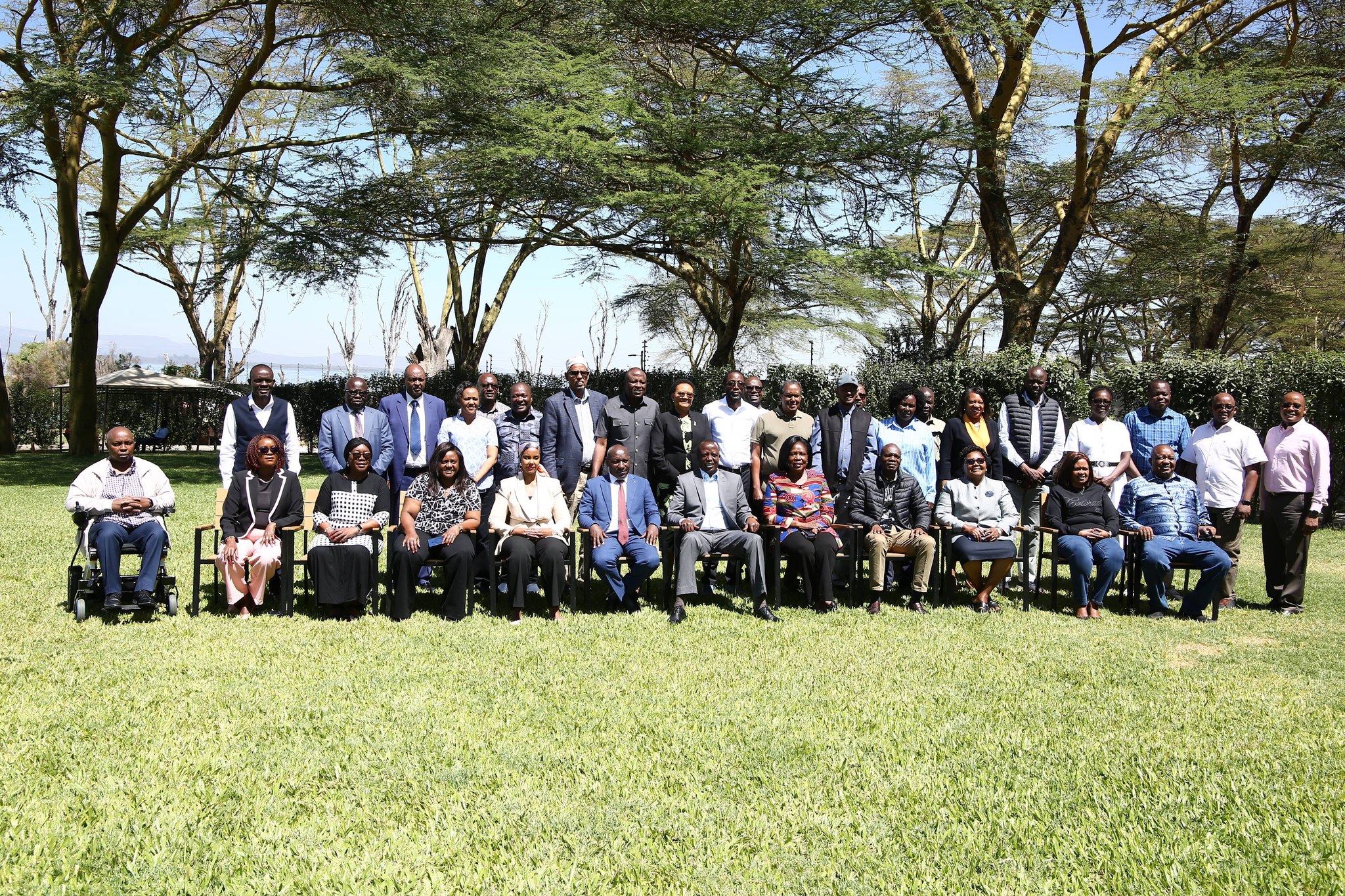Every morning, as parents rush to get their children to school, they set out with the best of intentions – to ensure their sons and daughters are on time, ready to learn, and well-prepared for the day ahead. Yet for many, this noble mission is undermined by the very actions they take on the road. In the scramble to beat the clock, it is not uncommon to see parents weaving recklessly through traffic, jumping red lights, driving on the wrong side of the road or even blocking junctions. They may justify it as a harmless shortcut, a quick fix for Nairobi’s endless jams, or simply as doing what is necessary to meet the demands of a packed schedule. But beyond the immediate risk of accidents and the legal consequences, there is a deeper, often overlooked impact – what these actions teach their children about life, values, and responsibility.
Children are keen observers. They absorb more from what adults do than from what adults say. A parent might give lengthy lectures about honesty, discipline, and respect for rules, yet the silent lessons taught in the car can speak louder than any words. When a child sees their parent speed past a red light, overtake dangerously or ignore a traffic officer’s instructions, they are learning a lesson in double standards. The unspoken message becomes clear: rules are flexible, and it is acceptable to bend or break them if it serves your own interest. This erodes the foundational value of respect for the law, planting seeds that could grow into more serious disregard for societal norms later in life.
The example set on the road also shapes a child’s understanding of risk. Driving on the wrong side to shave a few minutes off the trip to school might seem harmless to the adult behind the wheel, but to the watching child, it normalizes unnecessary risk-taking. It tells them that gambling with safety is an acceptable strategy when under pressure. Later in life, this thinking can translate into dangerous decisions in other contexts – speeding on a motorbike, taking shortcuts at work, or ignoring safety procedures – because they have learned that getting ahead justifies bending the rules.
ALSO READ;
More subtly, such behaviour teaches children about patience – or rather, impatience. They come to believe that time is more important than caution and that waiting is a weakness. Instead of learning the value of planning ahead and leaving early, they see rushing and cutting corners as the default response to delays. This can spill over into other areas of life, where they may struggle to persevere through challenges without resorting to risky or unethical shortcuts.
Beyond patience, there is a moral contradiction at play. The same parents who break traffic laws are often the ones who tell their children to respect their teachers, do their homework diligently, and be truthful. Yet when children witness their parents acting in ways that contradict these values, they notice. Even if they don’t say it aloud, they register the hypocrisy. This weakens the credibility of the moral guidance they receive at home, because it is easier for them to believe actions than words. The result is a form of silent permission to act dishonestly, so long as the circumstances make it seem necessary.
Another lesson children learn in these moments is about priorities. When a parent consistently chooses to break traffic rules to save time, they convey that arriving on time is more important than arriving safely. Safety, in their young minds, becomes negotiable, a belief that could have serious consequences when they eventually take the wheel themselves. A child who grows up thinking that cutting across lanes or overtaking dangerously is “just how it’s done” will be more likely to adopt those behaviours in adulthood, perpetuating the cycle of reckless driving on our roads.
There is also a civic dimension to this. When parents disregard traffic rules, they show their children that personal convenience trumps the common good. Traffic laws exist not to make life difficult, but to create an orderly system that keeps everyone safe. Ignoring them disrupts this shared order, inconveniences others and increases the risk of harm. By making selfish driving seem normal, parents risk raising citizens who care little about the impact of their actions on the community around them. This is a quiet but dangerous erosion of social responsibility.
ALSO READ;
Some parents might argue that their children are too young to understand, that they are not paying attention, or that a few minor offences on the road will not have any long-term effect. But children are remarkably perceptive. They may not yet know the specifics of traffic laws, but they can read the cues, the anxious glances at the rear-view mirror, the sudden acceleration to beat the light, the evasive explanations when stopped by a police officer. These experiences stay with them, shaping their sense of what is normal and acceptable in adult life.
It is worth remembering that parenting does not only happen in the living room, at the dinner table or during homework time. It happens everywhere, including in the car. Every trip is an opportunity to teach values such as patience, respect for the law, concern for others and the importance of safety. A parent who obeys the speed limit, stops at red lights, and drives courteously is not just following the rules – they are modelling responsible citizenship. The lessons taught in those moments will travel with the child far beyond the journey to school.
If we want safer roads in the future, the work starts now, in the back seats of our cars. It starts with parents recognising that they are not just drivers, they are role models, shaping the habits and attitudes of the next generation of motorists and citizens. Saving five minutes is not worth teaching a child that rules do not matter. Arriving on time is not worth arriving recklessly. Every choice made behind the wheel is a small investment in the kind of society we will have tomorrow. The question every parent must ask is simple: what am I really teaching my child when I break that traffic rule?
By Ashford Kimani
Ashford teaches English and Literature in Gatundu North Sub County and serves as Dean of Studies.
You can also follow our social media pages on Twitter: Education News KE and Facebook: Education News Newspaper for timely updates.
>>> Click here to stay up-to-date with trending regional stories
>>> Click here to read more informed opinions on the country’s education landscape






